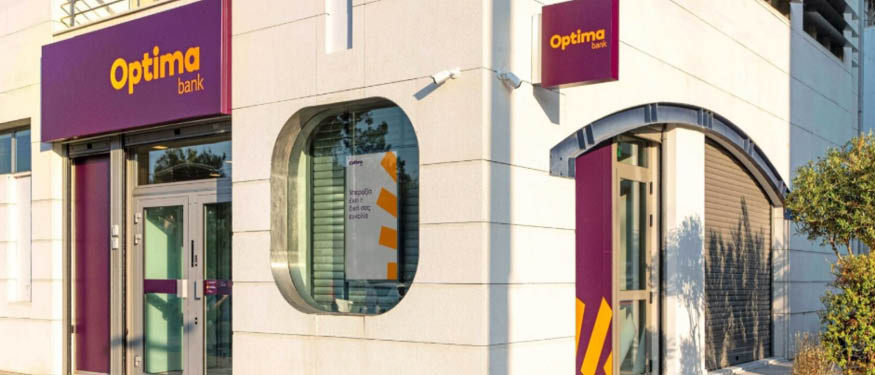This Legal Monitoring Report highlights key legislative developments in Moldova, including the launch of a grant program for tech start-ups, proposed excise duty reductions for small producers, extended paternity leave, enhanced protections for minor employees, regulation of temporary agency work, and time limits on meal voucher usage. Tax updates feature a new regime for freelancers, extended deductions for rural tourism and sports facilities, broader non-taxable income categories, and incentives for SMEs.
The New Law on Labour Engagement of Persons – A True Reform or a Partial Solution?
With the adoption of a new legislative solution in the Republic of North Macedonia, introduced through the Law on Labour Engagement of Persons, which shall enter into force on 1 January 2026, a systemic and coherent framework will be established for the regulation of temporary and seasonal labour engagement. The primary objective of this law is to formalize a segment of the labour market that, to date, has remained largely unregulated or informal, with particular focus placed on three sectors: agriculture, hospitality, and domestic services.
Aydemir Advises Faurecia Polifleks Otomotiv on Collective Labor Agreement with Petrol-Is Union
Aydemir has advised Faurecia Polifleks Otomotiv on a collective labor agreement with the Petrol-Is union.
Amendments to the Bulgarian Foreigners Act: Introducing a Legal Framework for Digital Nomads
On 18 June 2025, the Bulgarian National Assembly adopted a Law Amending and Supplementing the Foreigners in the Republic of Bulgaria Act, promulgated in State Gazette No. 52 of 27 June 2025 (the "Law"). These amendments introduce significant changes to the regulatory framework governing the entry and residence of foreign nationals in the country, aiming to establish clearer rules and new residence opportunities for various categories of foreigners.
The Debrief: June 2025
In The Debrief, our Practice Leaders across CEE share updates on recent and upcoming legislation, consider the impact of recent court decisions, showcase landmark projects, and keep our readers apprised of the latest developments impacting their respective practice areas.
Czech Republic: Will the Dismissal Process Be Faster?
A breach of labor obligations by an employee has been discovered in your company, the investigation and assessment have taken several weeks, and since immediate dismissal is risky, you have decided to proceed with dismissal for a serious breach of labor obligations. If this decision is made at the beginning of the month and no one is ready to agree on mutual termination, you won’t get rid of the employee any sooner than a timeframe of almost three months. Furthermore, if there are delays in the delivery of mail by the post office or the employee falls ill, it will take even longer.
Poland: New Obligations for Employers to Protect Employees Against Mobbing
The Polish Ministry of Family, Labor, and Social Policy has prepared an amendment to the Labor Code, which in particular amends the existing provisions on mobbing. The new provisions are expected to enter into force in 2025. The aim of the amendment is to remove ambiguities in the current provisions, simplify procedures for pursuing claims, and increase the responsibility of employers for negative phenomena in the work environment, including mobbing.





















